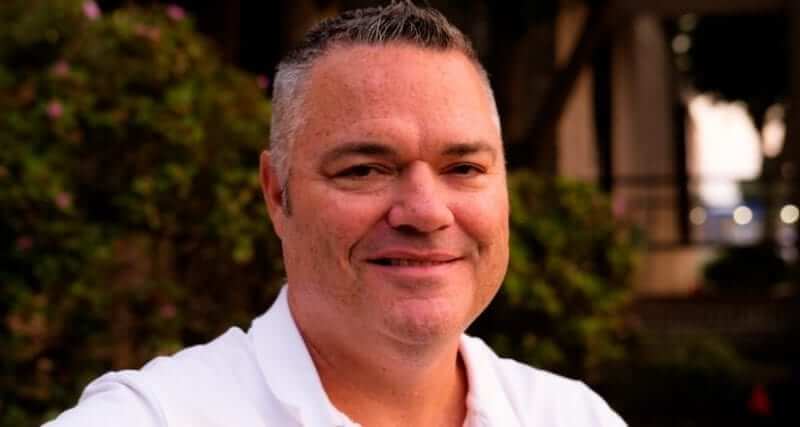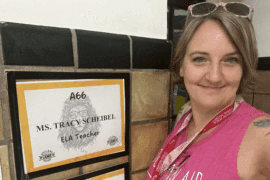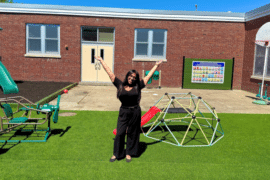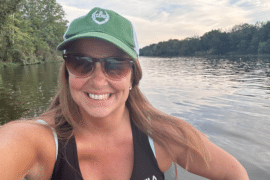Bob Gray Toms River Intermediate North 6th, 7th and 8th Grade Special Education, Focus in Science and Social Studies.
“I teach Language and Learning Disability. The kids in my class range from autism to emotional disabilities, neurologically disabled… all kinds of disabilities. I also have kids that are ready to go and be mainstreamed, but are lacking confidence, and they need the smaller class and the extra time. We do the same curriculum as the mainstream kids, but I am able to slow it down for them.
“Growing up in our household, my dad was a special education teacher in Hightstown and he did that for seven years. He then moved on to the state department of education. Growing up, it was ingrained in me from the time that I was a small child, that the kids with special needs were to be treated with respect. The “R” word was never tolerated in our house. Whenever I would hear a kid in my school say the ‘R’ word while I was growing up, I would tell them, ‘That’s not cool.’ It gets thrown around so easily. Growing up with that kind of awareness of kids with special needs created a passion in me to help them.
“New Jersey now has 1 in 48 kids diagnosed on the autism spectrum. 1 in 68 is the national average. I have a 13-year-old son who was diagnosed when he was three on the autism spectrum. When he was born he hit all of his milestones, but when he was two, we began noticing he wasn’t answering when we were calling his name, so we checked his hearing and the litany of tests and neurologists, and essentially he started to regress. He stopped hitting his milestones. The neurologist and Children’s Specialized Hospital told us that he would never talk, and to not to get our hopes up, that his IQ is essentially ‘retarded” – he used that awful word.
“Obviously that was very emotional for me. I always played sports in school, and that was my thing, and when you have a boy or girl, you want them to follow in your footsteps. I wanted him to play T-ball and I wanted to be his coach like my dad was my coach, and keep that tradition going. But it wasn’t going to be my dream; it was going to be what was best for him. I have to let him be the best for himself and let him live his own dream. He is probably not going to drive, he is probably not going to get married. You don’t know, he could still improve and in five years he could be even better. But right now he is in 8th grade and you don’t really see that for him, and it can make me sad. But I realize he is such a happy boy, he is just so affectionate and always hugging and kissing. He is high functioning in different areas. It is tough, but it is nice to see how far he has come. The people that have been in his life have been so supportive and helpful. The progress he has made since that point to now is just remarkable.
“I tell my friends that are going through the same thing, to NOT listen to a doctor tell you what your child can or cannot do. It can always change for the better. So keep getting the therapies and keep loving them. Every kid is different.
“I was always a very compassionate person, I was raised that way by my parents, but having a son with autism: it gives me an understanding from a parental point of view. 13 years ago when my son was diagnosed, that made me even more compassionate, and that made me want to help my students even more.” When I go into an IEP meeting to talk to a parent as a teacher, I always have my own son in the back of my head, and I think, ‘What would I want my son to have?’ I always try to do the best for my students.”





